Lionel Richie: Alabama’s Musical Maestro and Global Icon
Alabama has long been a fertile ground for musical talent, birthing legends who have left an indelible mark on the world stage. Among these luminaries stands Lionel Richie, a singer, songwriter, and producer whose illustrious career has spanned decades and transcended genres. Born on June 20, 1949, in Tuskegee, Alabama, Richie’s journey from small-town roots to international superstardom is a testament to his unparalleled talent and enduring appeal.
Richie’s musical prowess first emerged during his time at Tuskegee Institute (now Tuskegee University), where he formed the Commodores in 1968 alongside fellow classmates. As the lead vocalist and saxophonist, Richie helped steer the band to success with their unique blend of funk, soul, and R&B. Hits like “Easy,” “Brick House,” and “Three Times a Lady” catapulted the Commodores to stardom, earning them multiple Grammy Awards and establishing Richie as a formidable songwriter and performer.
However, it was Richie’s solo career that would elevate him to global fame and cement his status as one of Alabama’s most cherished musical exports. In 1982, he released his self-titled debut album, which featured the chart-topping single “Truly.” The album’s success foreshadowed Richie’s solo triumphs to come, setting the stage for what would become a remarkable solo career.
The pinnacle of Richie’s solo success came with the release of his sophomore album, “Can’t Slow Down,” in 1983. Boasting iconic hits such as “All Night Long (All Night)” and “Hello,” the album dominated the charts and earned Richie an unprecedented five Grammy Awards, including Album of the Year. With his velvety voice and infectious melodies, Richie captured the hearts of millions around the world, transcending boundaries of race, age, and nationality.
Throughout the 1980s and 1990s, Richie continued to churn out hits, cementing his status as a pop music icon. Songs like “Dancing on the Ceiling,” “Say You, Say Me,” and “Endless Love” (a duet with Diana Ross) became anthems of their time, solidifying Richie’s reputation as a masterful storyteller and balladeer.
Beyond his musical accomplishments, Richie’s influence extends into the realms of philanthropy and mentorship. He has been a staunch advocate for various charitable causes, including AIDS research, famine relief, and children’s education. In addition, Richie has served as a mentor and inspiration to countless aspiring artists, offering guidance and support to the next generation of musicians.
In recognition of his contributions to music and humanitarian efforts, Richie has been honored with numerous awards and accolades, including the Kennedy Center Honors, the Grammy Legend Award, and induction into the Songwriters Hall of Fame. His star on the Hollywood Walk of Fame stands as a testament to his enduring legacy and cultural impact.
Today, Lionel Richie’s music continues to resonate with audiences old and new, bridging generations with its timeless appeal. His songs serve as soundtracks to life’s most poignant moments, evoking feelings of joy, love, and nostalgia. Whether performing on stage or lending his voice to charitable causes, Richie remains a beacon of light in an ever-changing world, his legacy shining brightly for all to see.
As the world celebrates the musical legacy of Alabama, Lionel Richie stands as a shining example of the state’s rich cultural heritage. From humble beginnings in Tuskegee to global stardom, his journey is a testament to the power of music to unite, inspire, and uplift. As long as his songs continue to fill the airwaves, Lionel Richie will forever hold a special place in the hearts of music lovers everywhere.


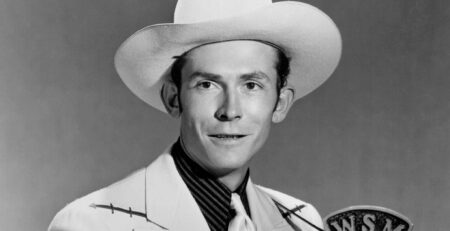
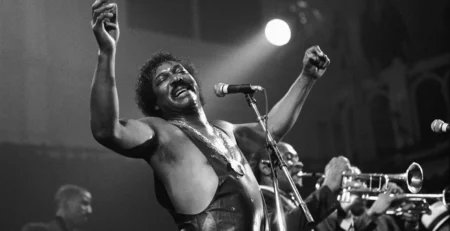
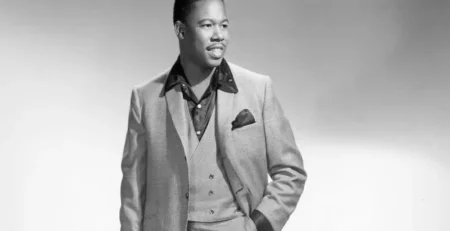
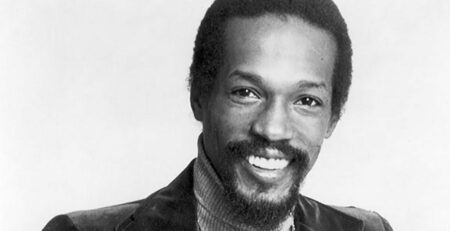

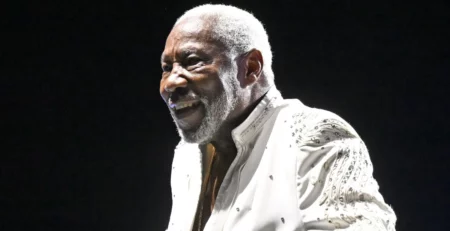




Leave a Reply